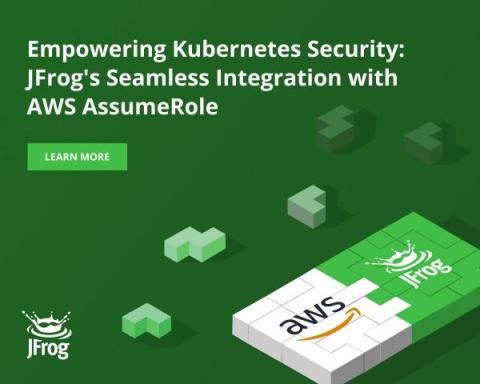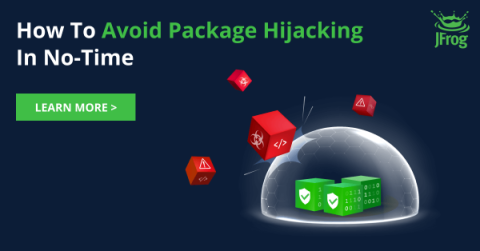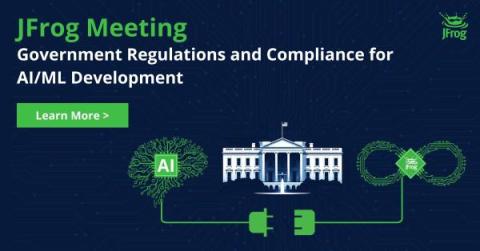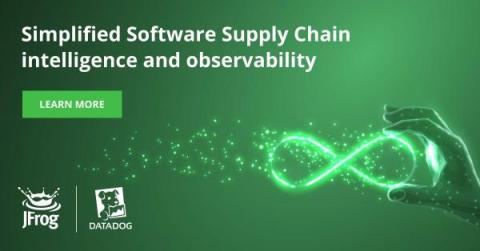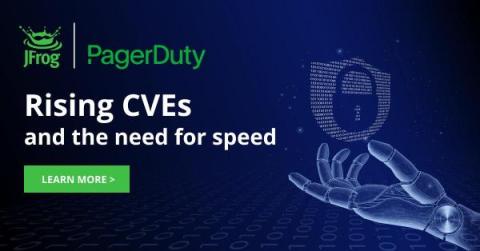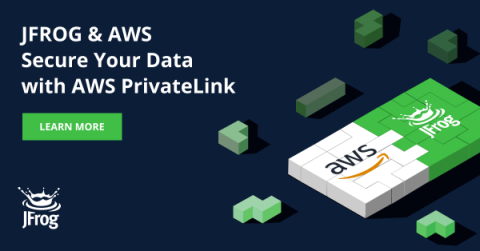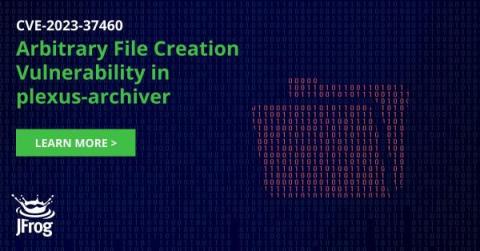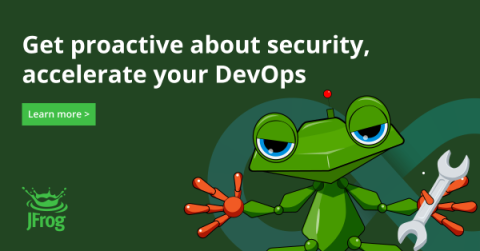SSH protocol flaw - Terrapin Attack CVE-2023-48795: All you need to know
The SSH Terrapin attack (CVE-2023-48795) has recently caught attention, targeting the SSH protocol security by truncating cryptographic information. The inherent flaw in the SSH protocol itself affects a wide range of SSH client and server implementations. Following our initial research communication, this post will detail its fundamentals and impact.



